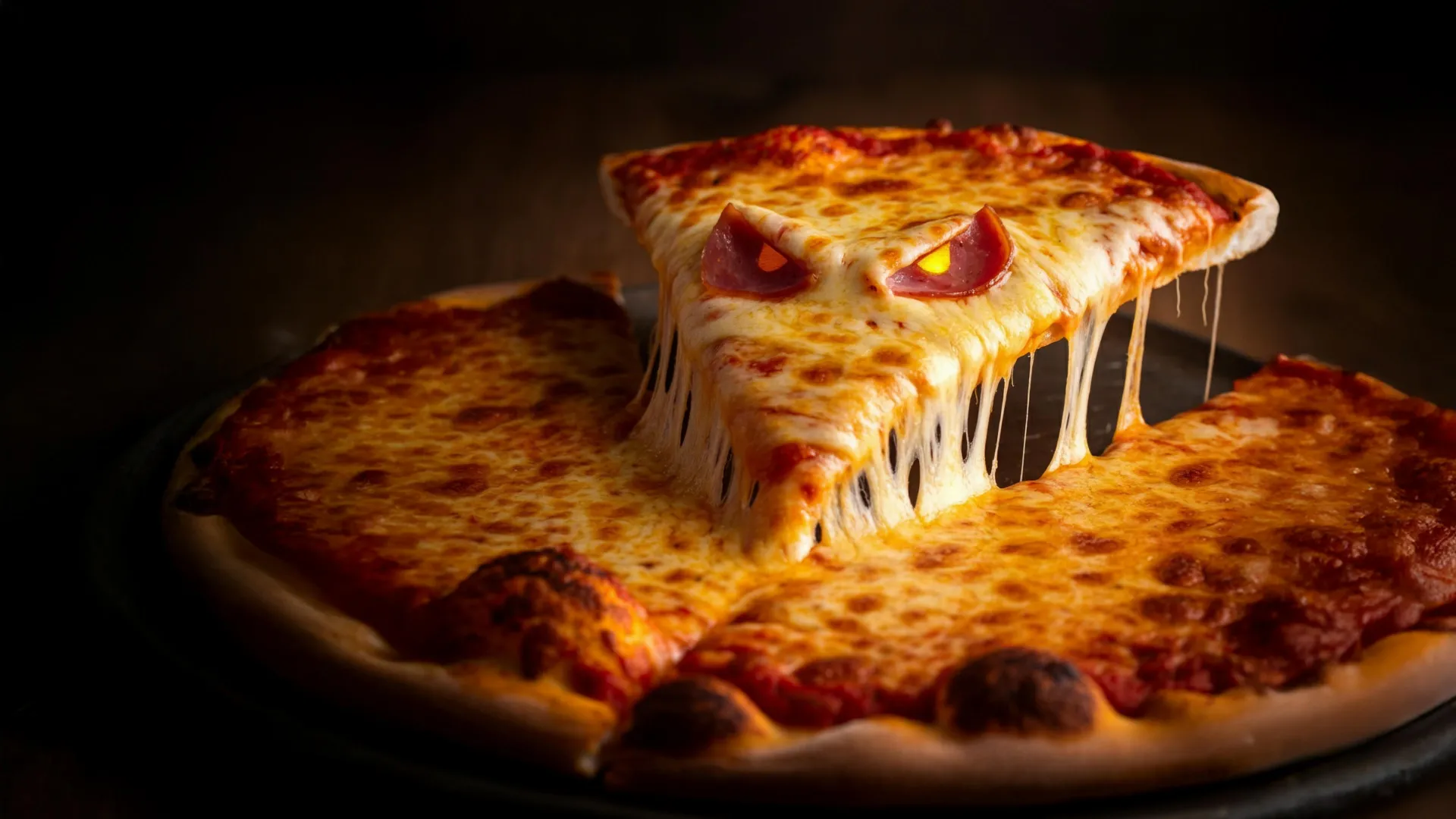Is cheese secretly fueling your nightmares? Science weighs in
Scientists find lactose intolerance may link consuming dairy, bad dreams, and poor sleep.
- Date:
- July 1, 2025
- Source:
- Frontiers
- Summary:
- Over a thousand students revealed a striking link between lactose intolerance and nightmare-filled nights, hinting that midnight stomach turmoil from dairy can invade dreams. Researchers suggest simple diet tweaks especially ditching late-night cheese could turn scary sleep into sweet rest, though more experiments are needed to decode the gut-dream connection.
- Share:

If you find eating some foods makes you sleep badly, you’re not alone — and there may be a physical cause for your bad dreams. Scientists investigating links between diet, sleep problems, and cultural beliefs about diet and sleep have found that healthier evening eating habits lead to better sleep and better recall of dreams, while the consumption of dairy products is associated with nightmares. This is thought to be because lactose intolerance causes overnight digestive upsets which then affect people’s dreams.
Scientists have found that eating too much dairy could ruin your sleep. Researchers questioned more than 1,000 students about the quality of their sleep, their eating habits, and any perceived link between the two, and found a strong association between nightmares and lactose intolerance — potentially because gas or stomach pain during the night affects people's dreams.
"Nightmare severity is robustly associated with lactose intolerance and other food allergies," said Dr Tore Nielsen of Université de Montréal, lead author of the article in Frontiers in Psychology. "These new findings imply that changing eating habits for people with some food sensitivities could alleviate nightmares. They could also explain why people so often blame dairy for bad dreams!"
Sweet dreams?
Although folk beliefs have long held that what you eat affects how you sleep, there's very little evidence to prove or disprove them. To investigate, researchers surveyed 1,082 students at MacEwan University. They asked about sleep time and quality, dreams and nightmares, and any perceived association between different kinds of dreams and different foods. They also asked about participants' mental and physical health and their relationship with food.
About a third of respondents reported regular nightmares. Women were more likely to remember their dreams and to report poor sleep and nightmares, and nearly twice as likely as men to report a food intolerance or allergy. About 40% of participants said that they thought eating late at night or specific foods affected their sleep; roughly 25% thought particular foods could make their sleep worse. People who ate less healthily were more likely to have negative dreams and less likely to remember dreams.
"We are routinely asked whether food affects dreaming — especially by journalists on food-centric holidays," said Nielsen. "Now we have some answers."
Cheesy culprits
Most participants who blamed their bad sleep on food thought sweets, spicy foods, or dairy were responsible. Only a comparatively small proportion — 5.5% of respondents — felt that what they ate affected the tone of their dreams, but many of these people said they thought sweets or dairy made their dreams more disturbing or bizarre.
When the authors compared reports of food intolerances to reports of bad dreams and poor sleep, they found that lactose intolerance was associated with gastrointestinal symptoms, nightmares, and low sleep quality. It's possible that eating dairy activates gastrointestinal disturbance, and the resulting discomfort affects people's dreams and the quality of their rest.
"Nightmares are worse for lactose intolerant people who suffer severe gastrointestinal symptoms and whose sleep is disrupted," said Nielsen. "This makes sense, because we know that other bodily sensations can affect dreaming. Nightmares can be very disruptive, especially if they occur often, because they tend to awaken people from sleep in a dysphoric state. They might also produce sleep avoidance behaviors. Both symptoms can rob you of restful sleep."
Eat well to sleep well?
This could also explain why fewer participants reported a link between their food and their dreams than in a previous study by Nielsen and his colleague Dr Russell Powell of MacEwan University, conducted eleven years earlier on a similar population. Improved awareness of food intolerances could mean that the students in the present study ate fewer foods likely to activate their intolerances and affect their sleep. If this is the case, then simple dietary interventions could potentially help people improve their sleep and overall health.
However, besides the robust link between lactose intolerance and nightmares, it's not clear how the relationship between sleep and diet works. It's possible that people sleep less well because they eat less well, but it's also possible that people don't eat well because they don't sleep well, or that another factor influences both sleep and diet. Further research will be needed to confirm these links and identify the underlying mechanisms.
"We need to study more people of different ages, from different walks of life, and with different dietary habits to determine if our results are truly generalizable to the larger population," said Nielsen. "Experimental studies are also needed to determine if people can truly detect the effects of specific foods on dreams. We would like to run a study in which we ask people to ingest cheese products versus some control food before sleep to see if this alters their sleep or dreams."
Journal Reference:
- Tore Nielsen, Jade Radke, Claudia Picard-Deland, Russell Arnold Powell. More dreams of the rarebit fiend: food sensitivity and dietary correlates of sleep and dreaming. Frontiers in Psychology, 2025; 16 DOI: 10.3389/fpsyg.2025.1544475
Cite This Page: